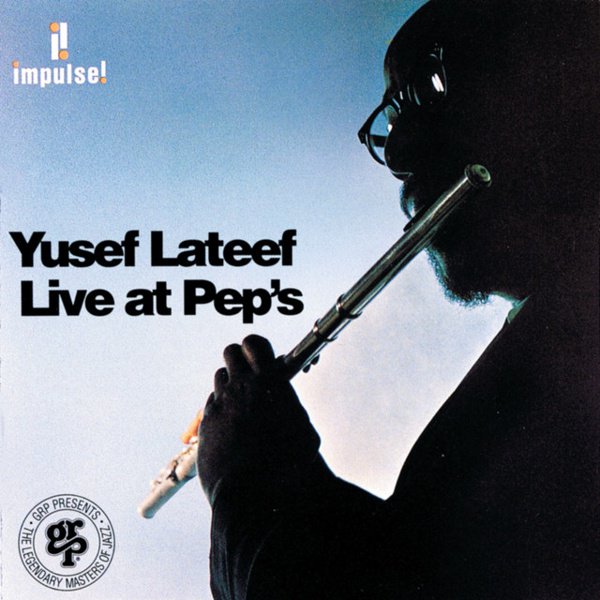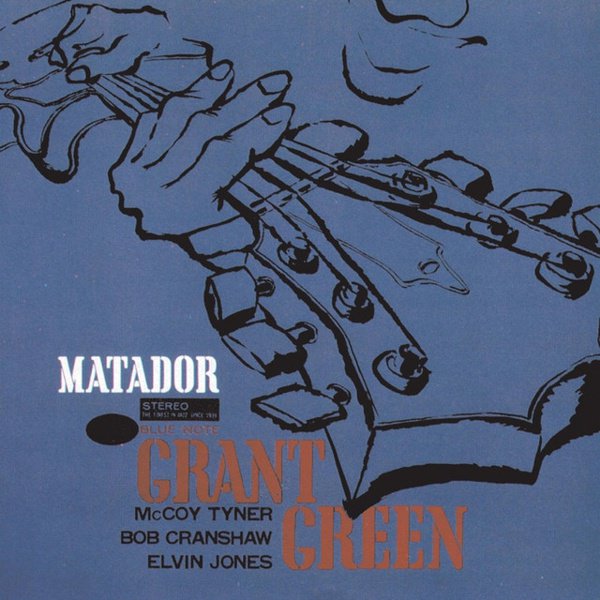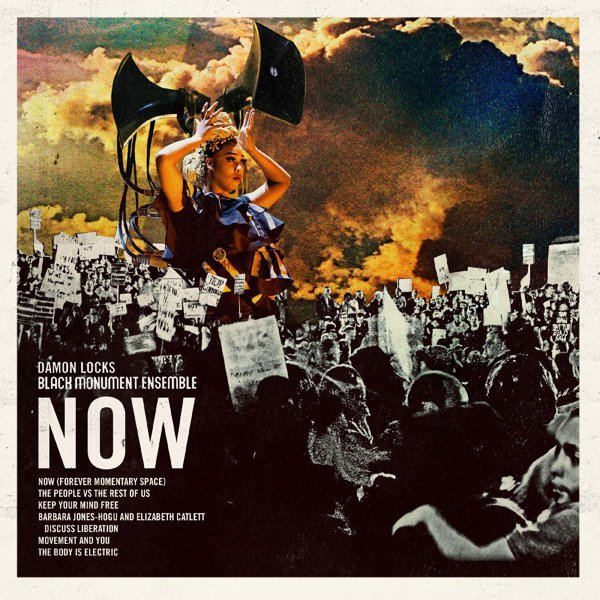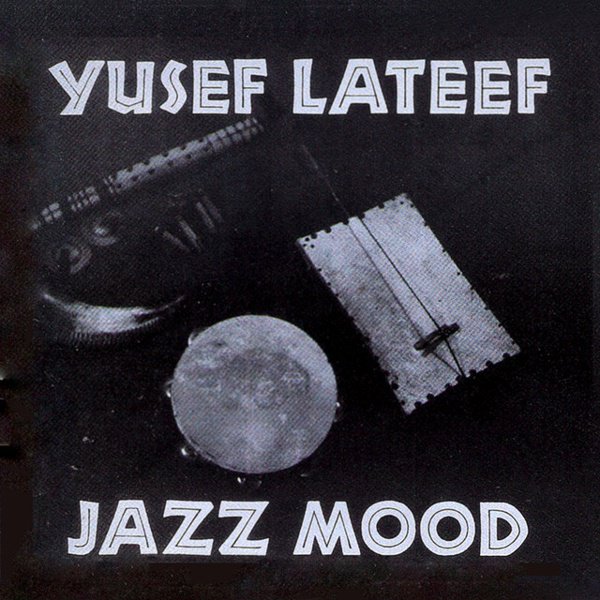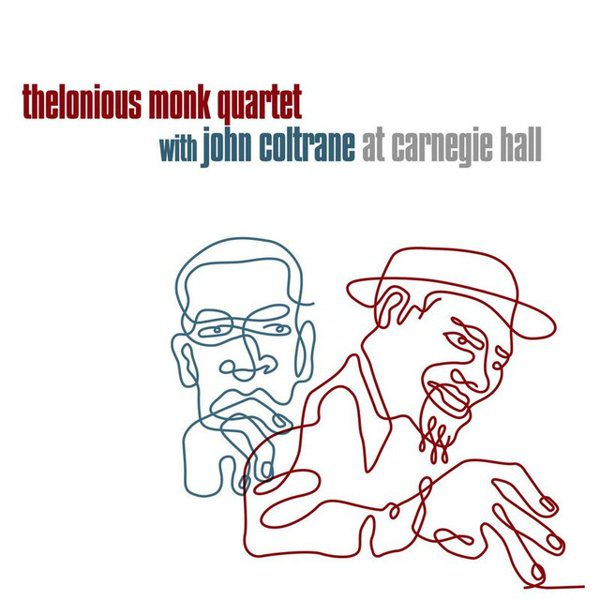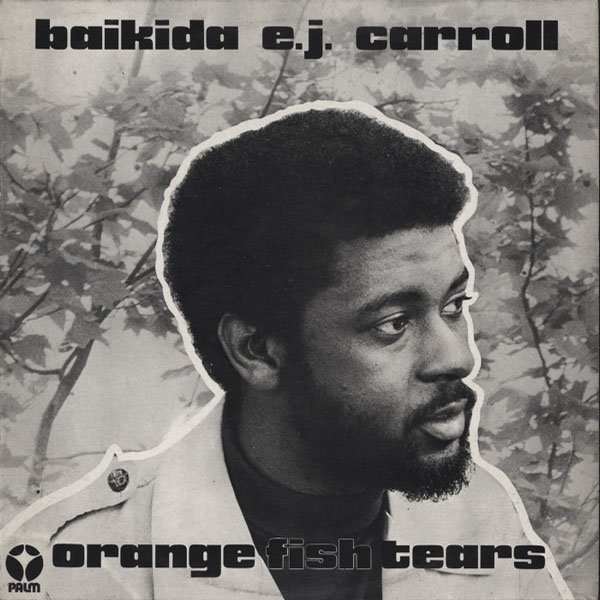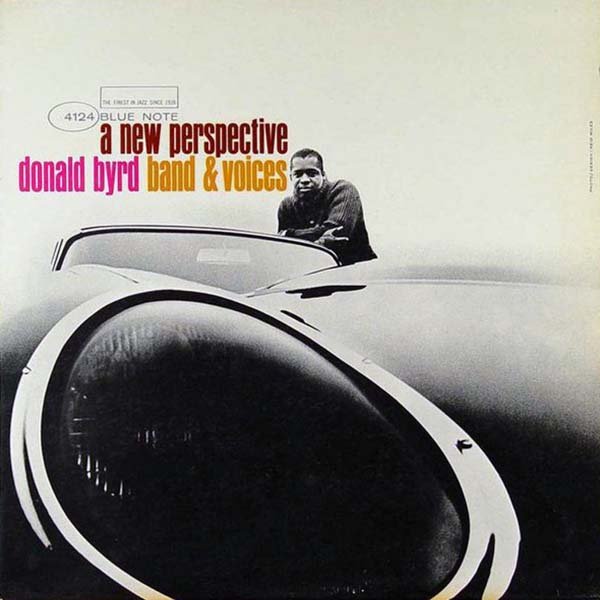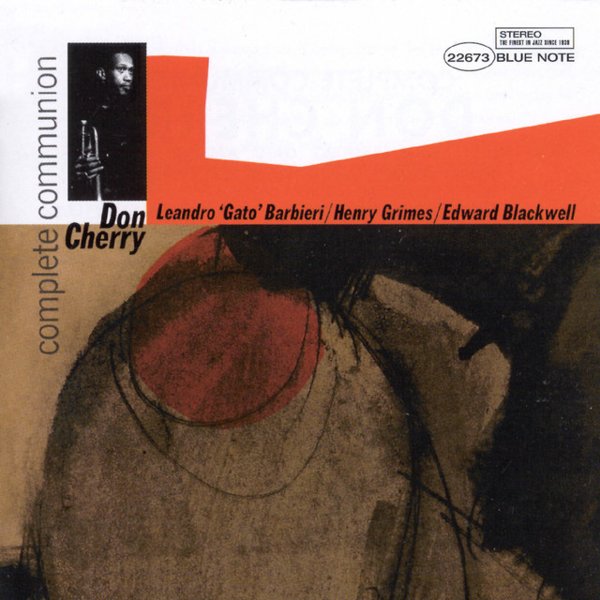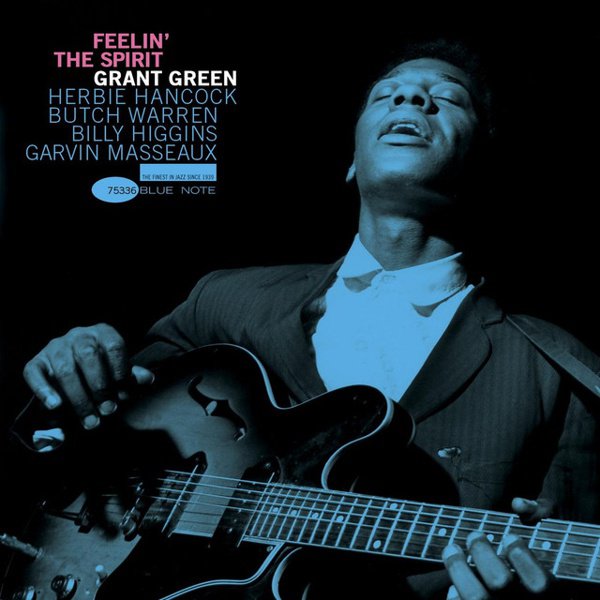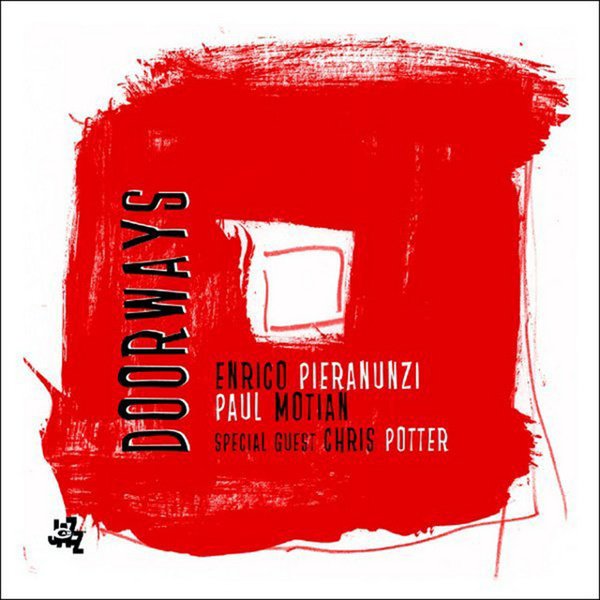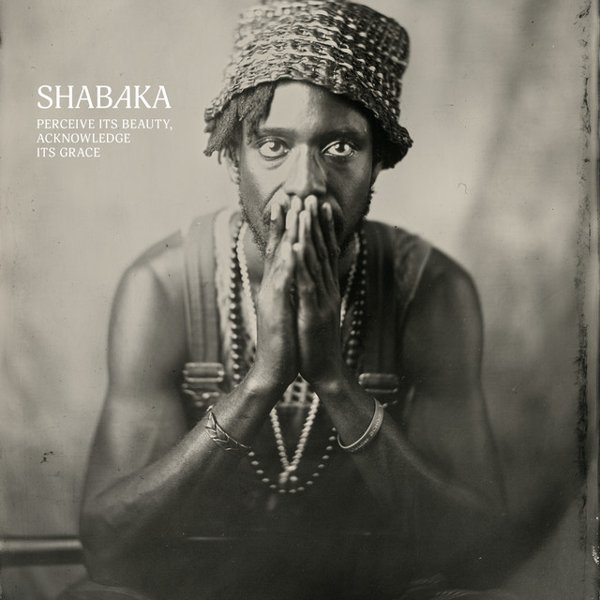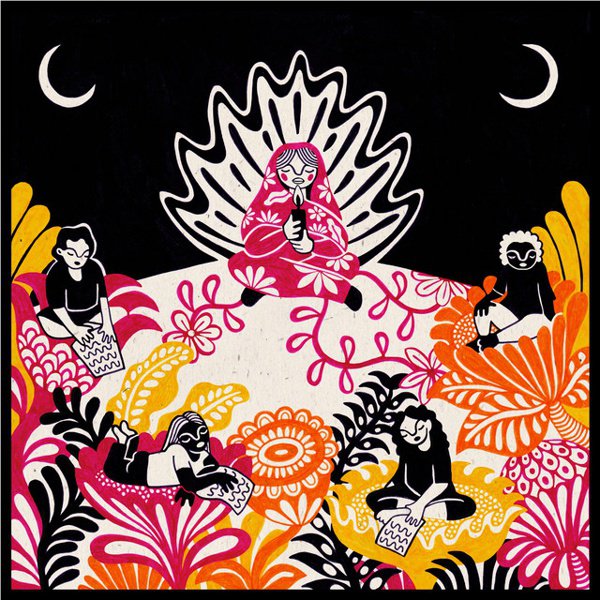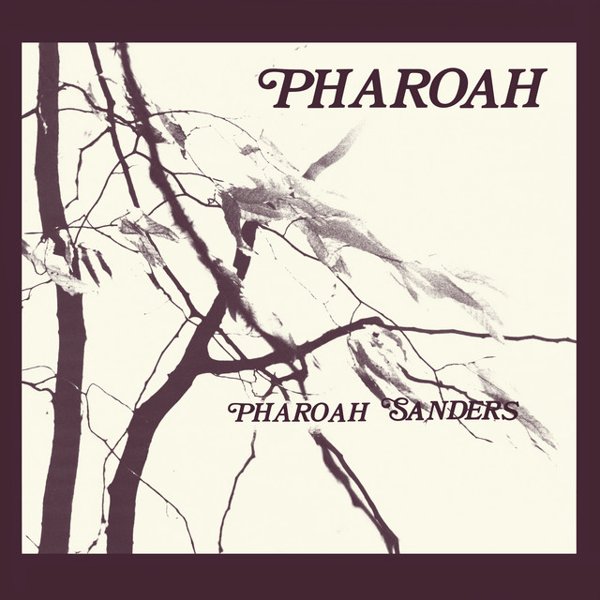
Recommended by
Pharoah
Great artists are always on a quest, chasing down a muse, trying to match the sound they hear in their inner ear with what they capture on tape. For such creators, it is a lifelong oft-frustrating journey, whether you’re listening to Coltrane or Steely Dan. Listen back to yourself on tape can be a source of anguish, of falling short of the goal. Gale force saxophonist Pharoah Sanders released well over 30 albums in his lifetime, but Pharoah, the 1977 album bearing his name, remained a source of frustration and angst for him. So even when it became a hit on the YouTube algorithm, bringing millions of new fans to it, he refused to have it properly reissued. Murky bootlegs abounded. Thankfully, near the end of his life, he relented, resulting in Luaka Bop’s lavish new box set elevating one of the most luminous if misunderstood albums of jazz in the 1970s to new heights.
There are two live versions of “Harvest Time” that showcase the song’s gentle power, but it’s the original version of the song (which earned Sanders’ ire) that casts a spell. Featuring slowly spiraling guitar, walking bass, and harmonium, it captures Sanders in a new light. His recorded legacy up to that point had showcased feats of strength, sidelong endurance, and fiery blowing, but now we get to experience the man at his warmest. It might not have been the sound he was seeking, but from this vantage point in the 21st century, it’s one of the most gorgeous sounds ever captured to tape.
Its scarcity since its release may have given Pharoah Sanders’ 1977 album the quality of a holy grail for collectors, yet the mythical quality of Pharoah (often mistakenly referred to as Harvest Time after side one’s 20-minute meditative exploration) lies in the transcendent power of the music. Sanders had initially set out to make a rock album, the traces of which can be felt in Tisziji Muñoz’s liquid guitar playing on “Love Will Find A Way,” but instead conjured up a spiritual jazz masterpiece. Instrumentation is sparse (including Sanders’ then wife Bedria on “Harmonium,” an instrument she had never touched before the sessions), yet that only adds to the feeling of something truly remarkable being uncovered as the saxophonist’s masterful, intuitive playing cleaves to the serene. 2023’s well-overdue expanded reissue added disc of live recordings, interviews, essays and even sheet music, further underlying the record’s justly revered importance.

